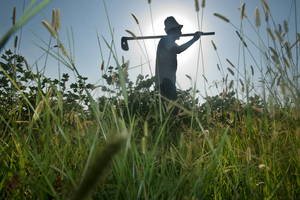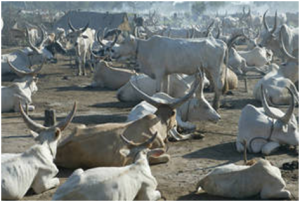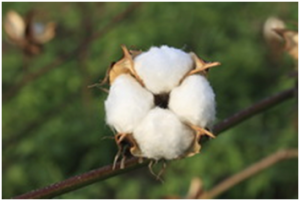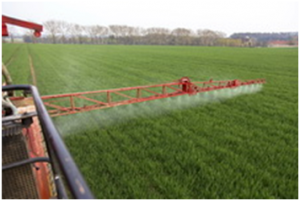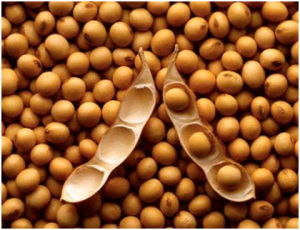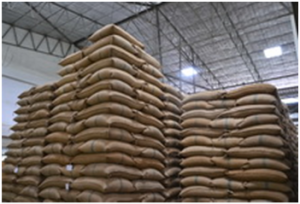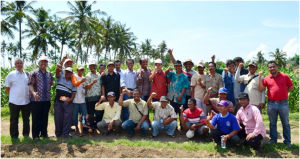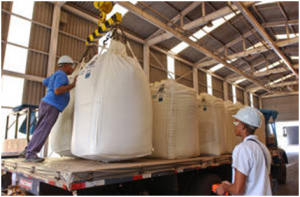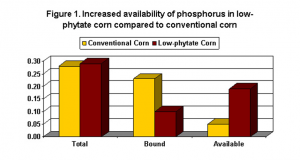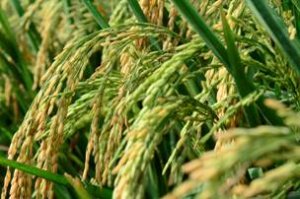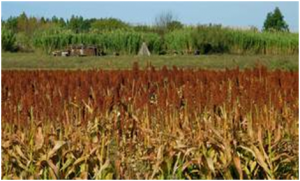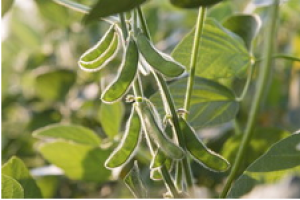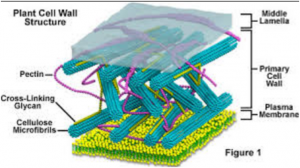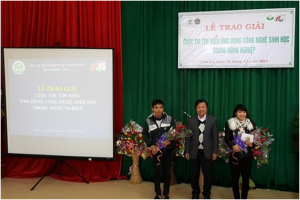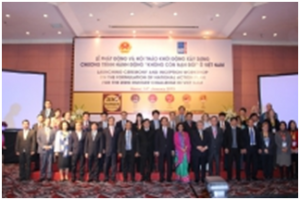|
Researchers Develop Cell Labeling via Photobleaching Tagging Method
Tuesday, 2016/05/31 | 08:28:46
|
|
Research work led by Santiago Costantino from Université de Montréal, Dr. Claudia Kleinman of the Jewish General Hospital and McGill University, and a team of collaborators, has successfully developed Cell Labeling via Photobleaching (CLaP), a method that enables instant, specific labeling of individual cells. This will become a vital ally in a range of scientific research.
The method uses a laser as a paint brush to tag cells one by one. While previous technologies need to either know molecular details of specific cells or label large numbers of cells in a non-specific way, CLaP permits painting cells based simply on observation.
This technique will be instrumental in pioneering next-generation sequencing for single-cell genomics. It is said to be versatile, efficient, and non-invasive, as well as being simple, inexpensive, and easily accessible to any researcher with a standard microscope. It also does not involve any cell damaging intervention, preserving the integrity of the cell.
For example, researchers can tag the big, fast or elongated cells. Next, these tagged cells are investigated at the molecular level to know what is special about these cells.
For more information on this technology, read the article in Nature.
Figure: Cell Labelling |
|
|
|
[ Other News ]___________________________________________________
|


 Curently online :
Curently online :
 Total visitors :
Total visitors :
(29).png)

